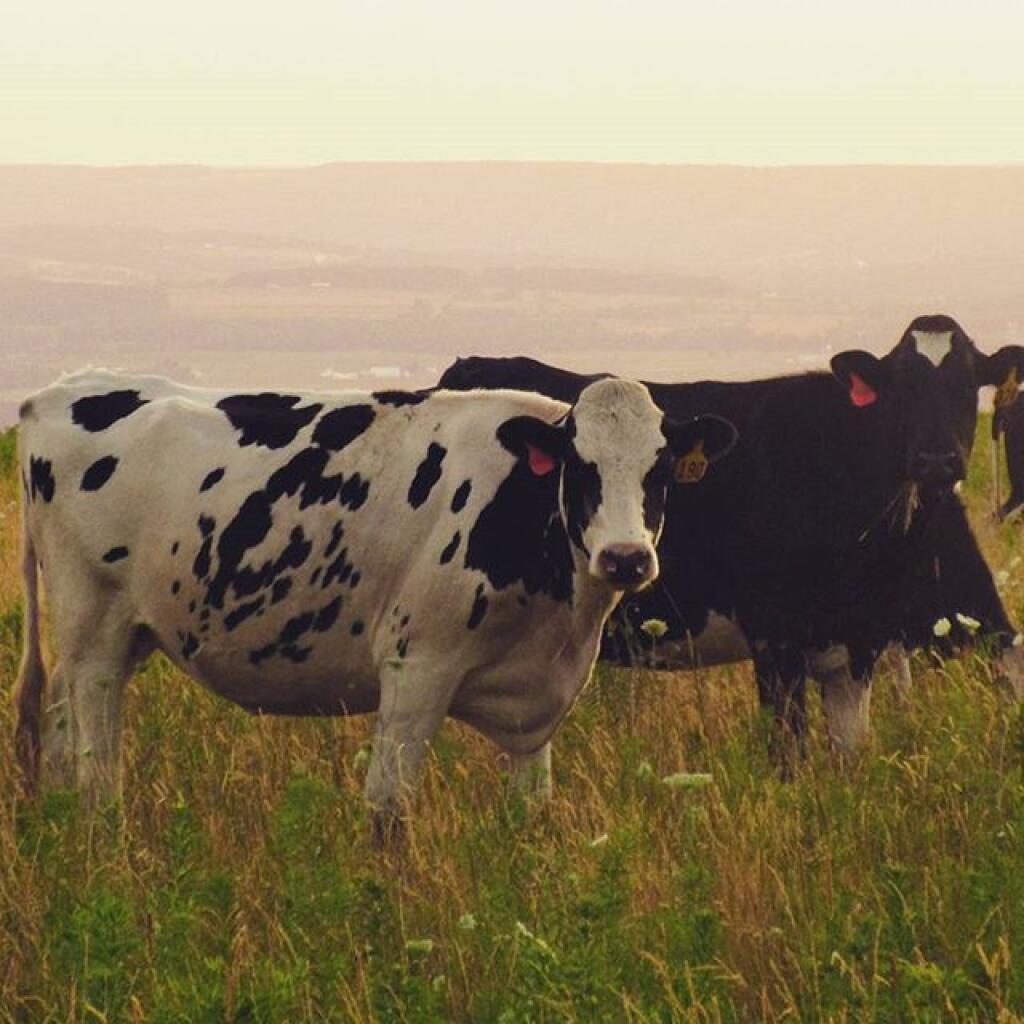Country Life
Dairy Farm in Peru
Most books about the working class are written by elites 👨🌾👨🏭👷♀️
Most books about the working class are written by elites 👨🌾👨🏭👷♀️
I just got done reading JD Vance’s much proclaimed Hillbilly Elegy about the rough and tumble life of growing up poor in Appalachia – the drugs, the poverty, the unstable home life. The hillbilly code of honor. Seemed like a decently accurate story having grown up around many hillbillies myself grown up in the mountains in farm country. But it’s written by somebody who resembled less and less a hillbilly after being a graduate of Yale Law School. His childhood memories may be valid but they come from a now elite perspective.
I recently read Kristin Kimball’s The Dirty Life, a book about a NYC journalist who fell in love with a back to earther and they moved to the Eastern Adirondacks to homestead and farm using horses and the tools of the trade. They might live a life close to the land today, but they come from an elite perspective.
A few years back I read this book, the The Land Was Everything by Victor Davis Hanson about an English professor who came back home to run his family vineyard in California. Again, maybe he has dirt under his fingers now and as a child, his professorship distanced himself from the working class. He might have gone back to the land but he still has those college educated roots.
Then there is the Firefox Books which try to document a dying breed of Appalachian living in the late 1960s by students at Rabun Gap-Nacoochee School, a private secondary education school located in the U.S. state of Georgia. It’s a good tail of Appalachia but again it’s a story told in the third person rather than the people who are actually living the life.
Or Noel Perin’s Best Person Rural and his other series of books about living close to the land in Vermont. His observations were astute but again kind of represented an elite view of living off the land, out in the country. He was another of a dying breed but probably atypical of a farmer in Vermont.
Now I get that cow shit and silage probably smell the same wherever you stand. That many of the same experiences working on the farm – the animals and the work are the same if you are college educated or not. Growing up in Appalachian culture is not easily forgotten and the experiences documented in the books to remind me of experiences I’ve had in years gone by.
I guess true hillbillies and working folks don’t really have the time to write a book or the connections needed to see their book through publication. So we have to settle for third party accounts, documented through America’s elites, colored by the perspectives and values acquired through advanced education.
Indeed, while I’m certainly not Yale educated, I do know my college degree and professional occupation colors my view of the world. And I’m sure that many who read these kind of books are one or two steps removed from the land and the working class. I do worry such books while documenting such life also color the views of the elite.
How Ford got out of the tractor business in grand style
I have respect but lack compassion towards animals
I have respect but very little compassion towards animals.🐶 They are not humans, even if many are incentivized through food, shelter and other rewards to behave in ways that comfort us. 😍
Animals have an important part of the ecosystem that we all depend on 🌎, livestock produces food🐖 and fiber🐏 and pets give us companionship🐈 and provide other services like deterring mice🐀 or retrieving birds while bird hunting.🐦 Domesticated animals have special needs♿ that only humans can provide due to their breeding.🏠 It’s important to respect their natural needs to maximize profitablity and success with our relationship with animals but our relationship to animals shouldn’t be about caring or love.
Many today think that domesticated animals should be considered a special type of property, and people who fail to maintain them🔎 should be punished more severely than those who fail to maintain other equipment such as an automobile or their house. 🚗 But I think we should be more worried about the waste of finite resources not infinitely reproducible animals.
Domesticated and bred animals are simply organic matter that took energy and labor to construct 🐓 – yes people should maintain them under the right conditions like any other piece of machinery – but they are indefinitely reproducible 🔧 through animal husbandry. They are no more special than any other type of property and indeed I would argue that as organic matter that will rot away in the soil, they are less important than many other types of property.🍗
Goats Raised
Goat farming is a niche thing in America, there are only about 18,000 goats in New York State compared to 1.4 million cattle. Texas is much bigger into goat (and cattle) production, they have 740,000 goats and 13.1 million cattle.

